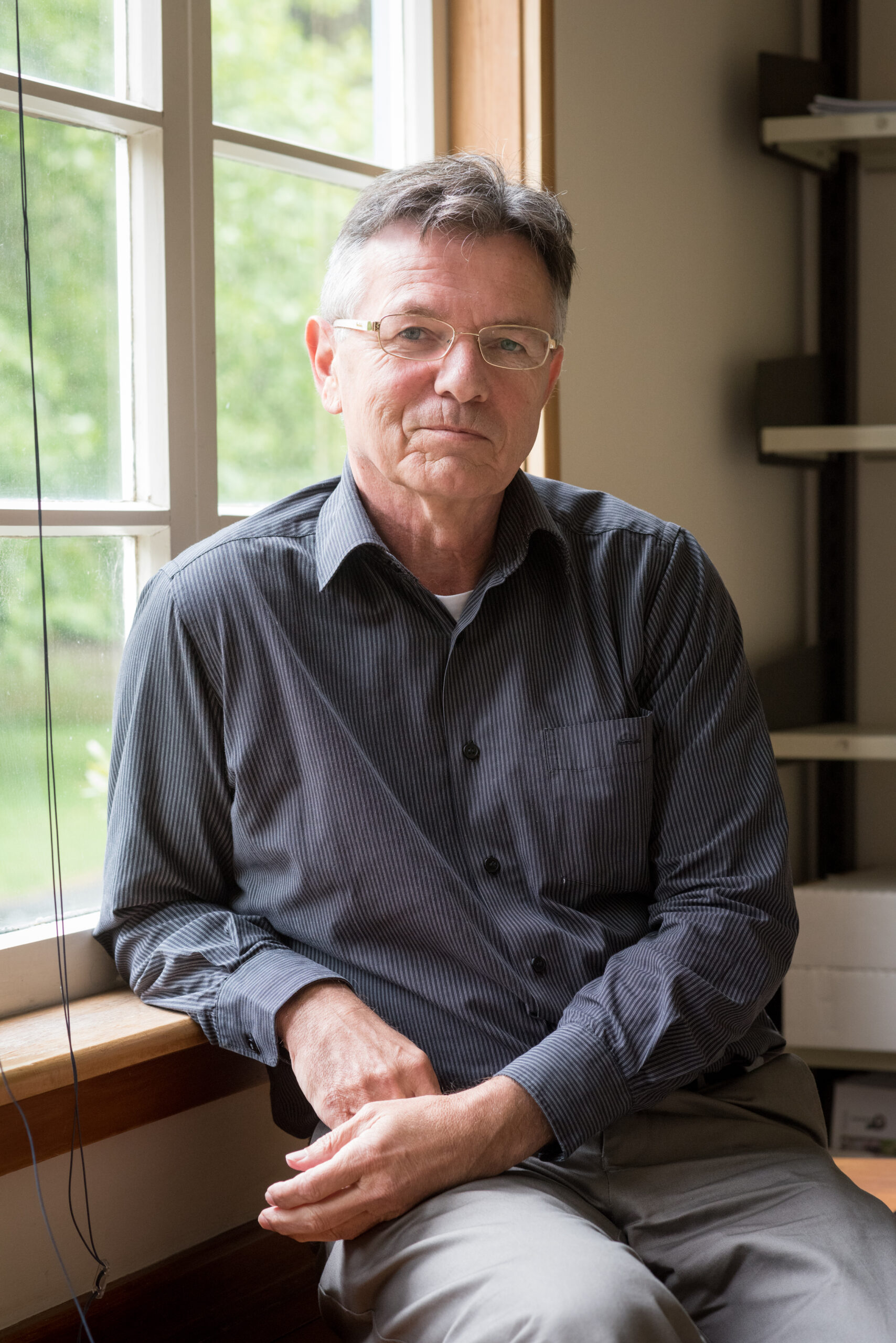Are Kiwi communications throughout the export supply chain really as good as gold?
Yeah-nah.
A visiting academic at Lincoln University, Professor Jacques Trienekens, from Holland’s Wageningen University, has three master’s students looking into supply chain management, with a focus on information exchange and agreements between companies in agricultural export industries taking quite different approaches.
Professor Trienekens says the question is are exporters producing what the market wants, and if not, is this information being communicated down the chain to those who produce it, and what actions should be taken.
They are researching kiwifruit, and apples both sold by a national supplier, both well established in overseas markets, as well as venison and lamb producers operating independently using farmer and processor partnerships and trying to find a foothold in overseas markets as high-value food products.
He says New Zealand provides an opportunity to view the whole process of taking a product to market, from the starting point to where it goes around the world. In the project, interviews are held with parties at the market end of the value chain, in The Netherlands and Belgium in Europe, and with parties at the production end, in New Zealand.
“New Zealand is good at taking commodities a long distance, but it is a different challenge to trying to sell a high value product, getting it into top restaurants and identified by its brand,” he says.
“They have to have contacts in those markets”, he says, and is interested to see how those supply chains evolve.
Professor Trienekens has an extensive resume. He has been visiting researcher at Cornell University, visiting professor at the universities of Bonn and Pretoria and has published more than 150 refereed publications. He is also editor and managing editor of the Journal on Chain and Network Science (JCNS) and International Food and Agribusiness Management Review respectively.
The project is in close collaboration Lincoln University’s Professor Caroline Saunders of Agribusiness and Economics Research Unit and Nic Lees of the Faculty of Agribusiness and Commerce.
He will be at Lincoln until December.




